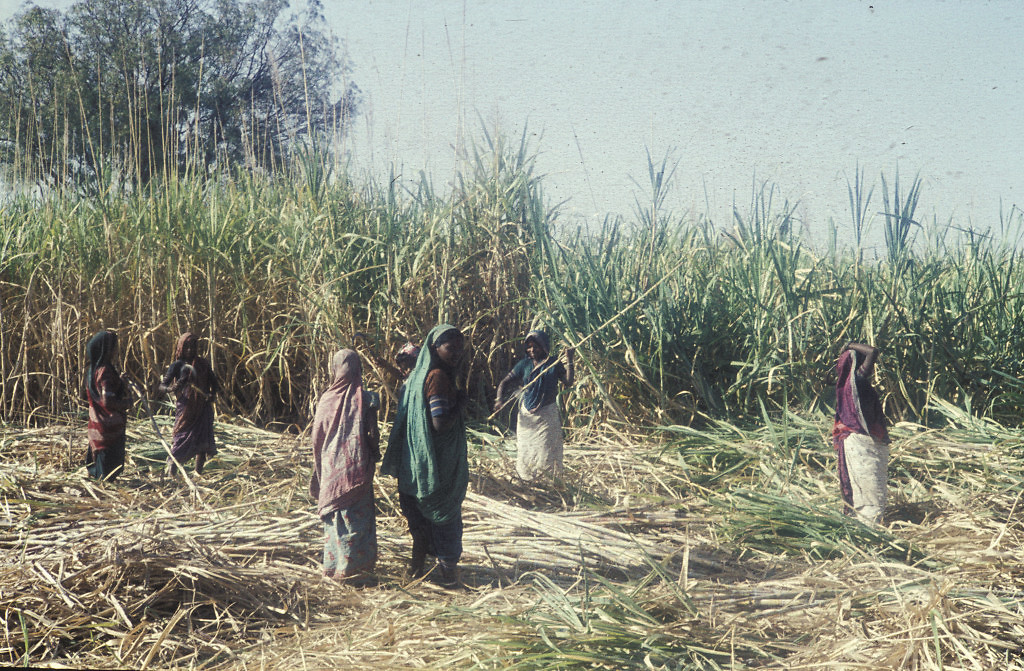Do our politicians believe in anything? And if they do, what should we take as their beliefs, especially on economic policy? These questions came to my mind as I read a news report in The Indian Express by Harikishan Sharma today (https://indianexpress.com/article/india/farm-laws-house-panel-protest-7236443/lite/). The report nicely highlighted the hypocrisy of Opposition parties which, while vociferously opposing the three new farm laws at public forums, supported the implementation of one of them, the Essential Commodities (Amendment) Act, 2020, at the meetings of a parliamentary panel.
The report said, “The Standing Committee on Food, Consumer Affairs and Public Distribution, which has members from 13 parties including BJP, Congress, TMC, AAP, NCP and Shiv Sena, has asked the government to implement the Essential Commodities (Amendment) Act, 2020 in ‘letter and spirit’.”
The committee, chaired by TMC’s Sudip Bandyopadhyay, presented its report tabled in both Houses yesterday. It “hope[s] and expect[s] that the recently enacted ‘The Essential Commodities (Amendment) Act, 2020’ which was aimed at addressing the issue will become a catalyst for unlocking vast untapped resources in the agriculture sector by creating an environment for enhanced investments…, fair and productive competition in agricultural marketing and increase farmers’ income.”
On January 28, however, “the Trinamool Congress government in West Bengal moved a resolution… demanding withdrawal of the contentious farm laws amid ruckus in the state Assembly. The resolution, tabled by state Parliamentary Affairs Minister Partha Chatterjee, termed the three reform laws ‘anti-farmer’ and favorable to corporate (https://www.indiatoday.in/india/story/bengal-mamata-banerjee-moves-resolution-against-farm-laws-ruckus-in-assembly-1763575-2021-01-28).
Chief Minister and TMC boss Mamata Banerjee said in the Assembly on this occasion, “BJP always maligns every agitation as terrorist activity. The laws are totally anti-farmer. They pushed it [in Parliament] using brute force. We will not accept farmers being branded as traitors.”
But if the three farm laws “are totally anti-farmer,” why does TMC leader Bandyopadhyay want one of them to be implemented in “letter and spirit”?
Similarly, the Congress, being part of the parliamentary committee, also favored amendment to the Essential Commodities Act. But Congress leader said last month at a gathering of farmers in Kerala’s Wayanad that the Essential Commodities (Amendment) Act, 2020, will enable the biggest businesses in the country to “store as much grain, fruits and vegetables as they want, for as long as they want. This is a direct attack on Essential Commodities Act, and has been designed to ensure farmer can’t negotiate for price.”
In other words, while at the Standing Committee meeting the grand old party supported the amendment to the Essential Commodities Act, its former president opposed the amendment. So, what is the Congress’ real position, if any?
The Standing Committee’s report highlights not just politicians’ hypocrisy but also their cavalier attitude towards economic policy. The Essential Commodities (Amendment) Act, 2020—like the other two farm laws—has huge impact agriculture, a sector that employs over half the working population. And Opposition parties are not clear what their stand is on this important piece of legislation.
